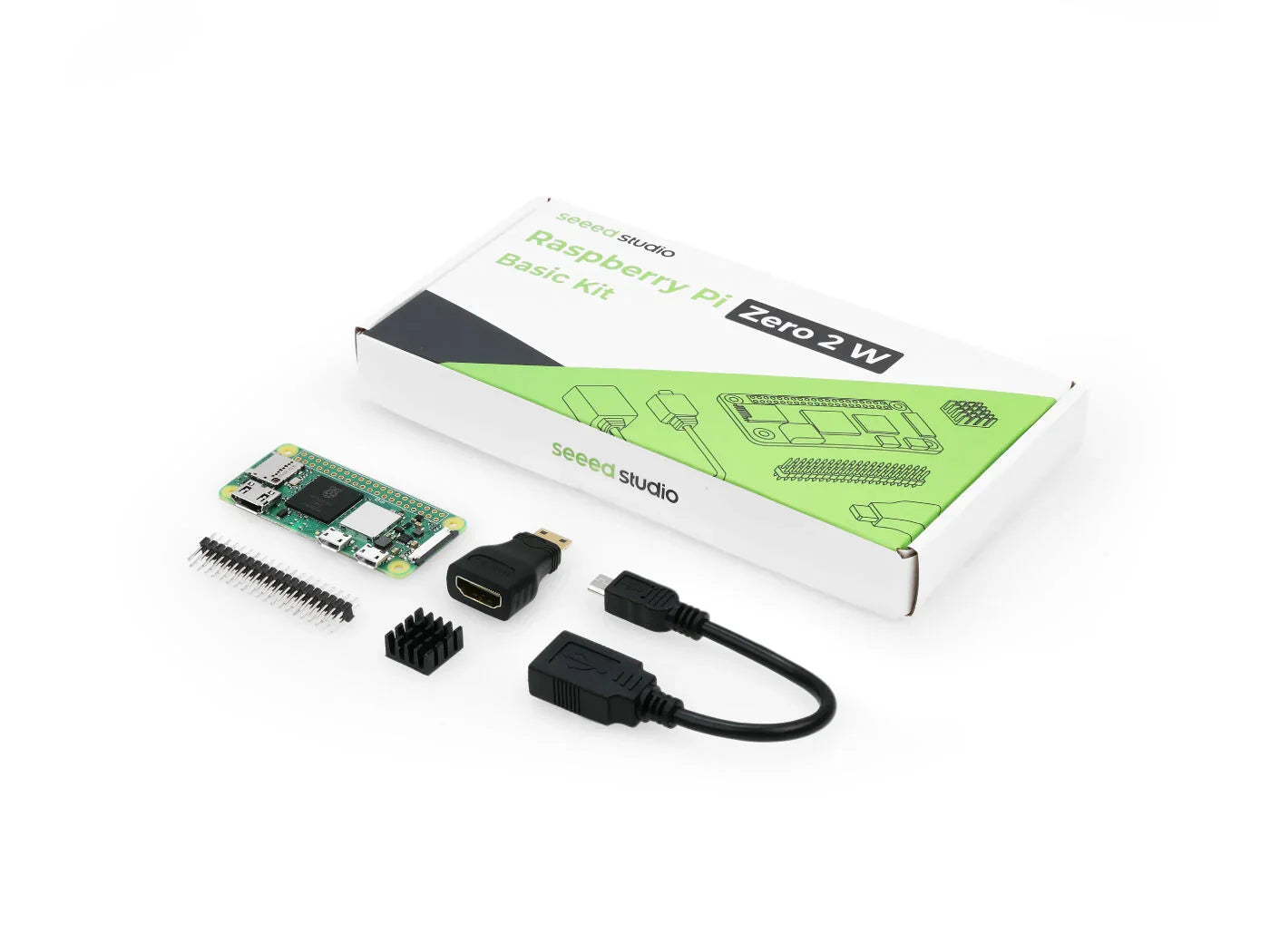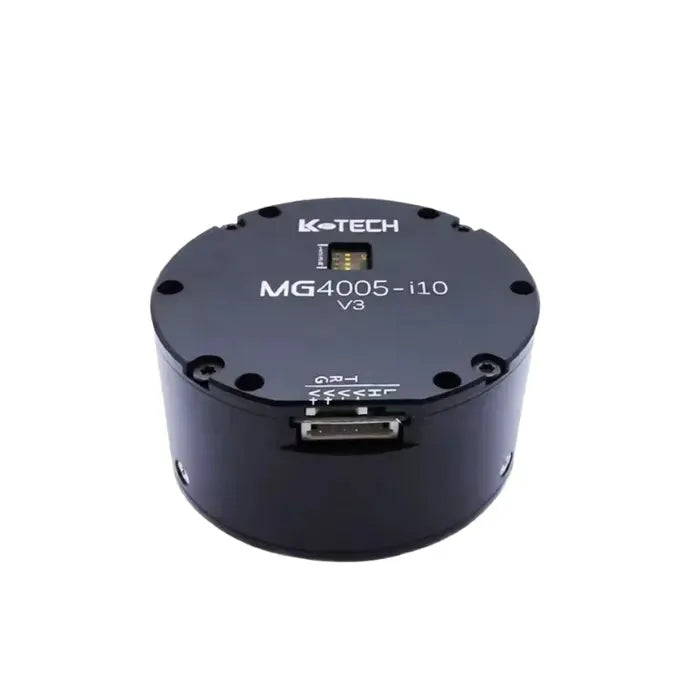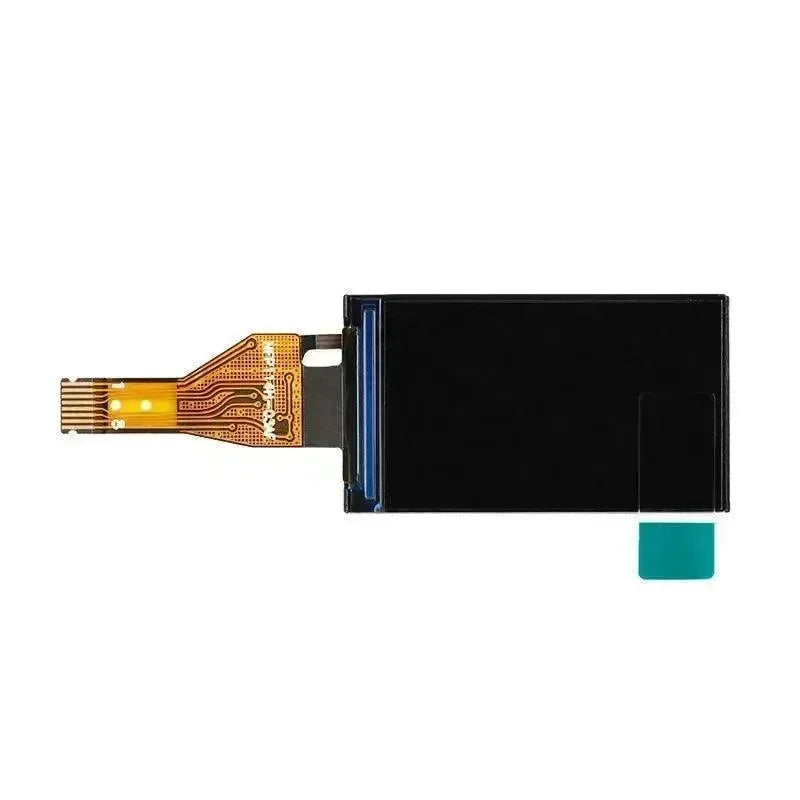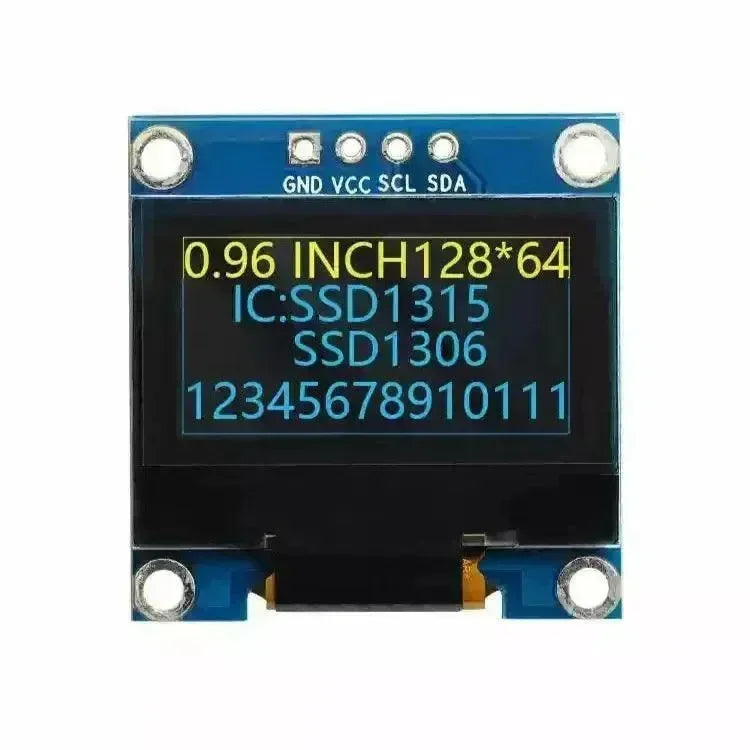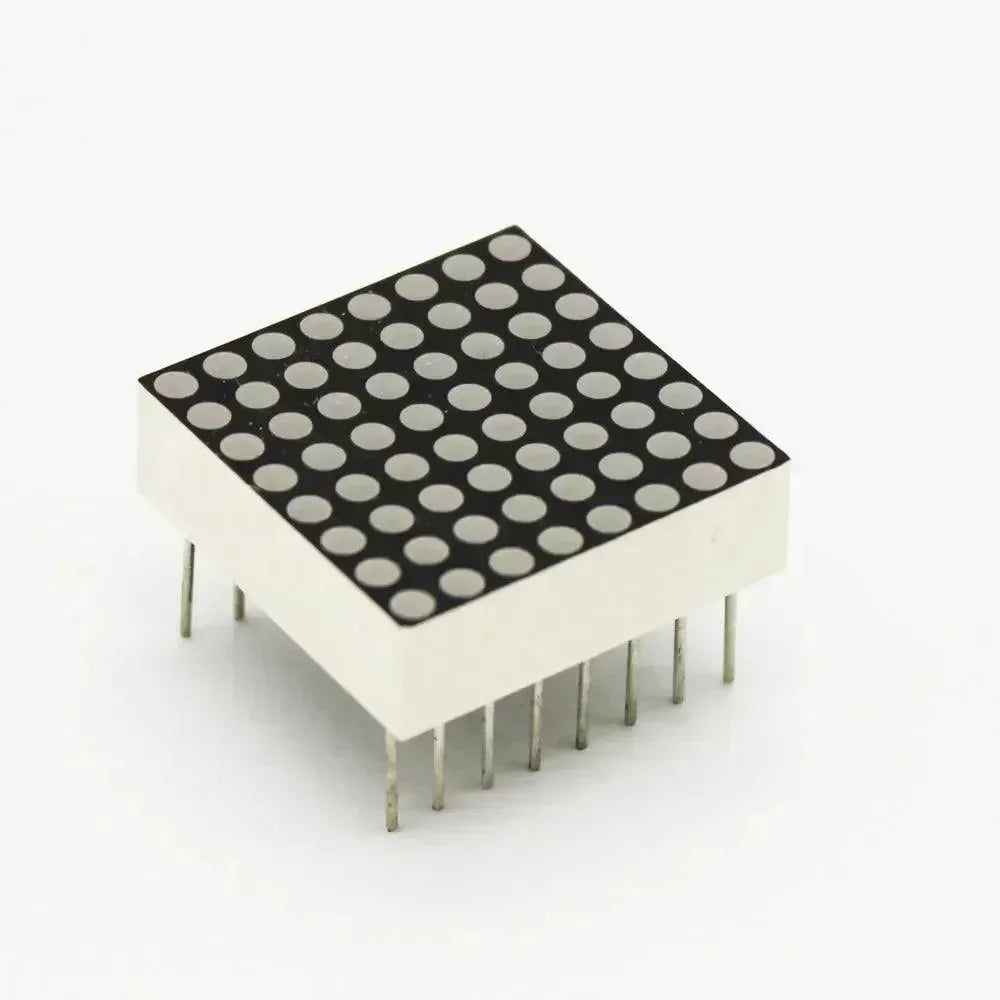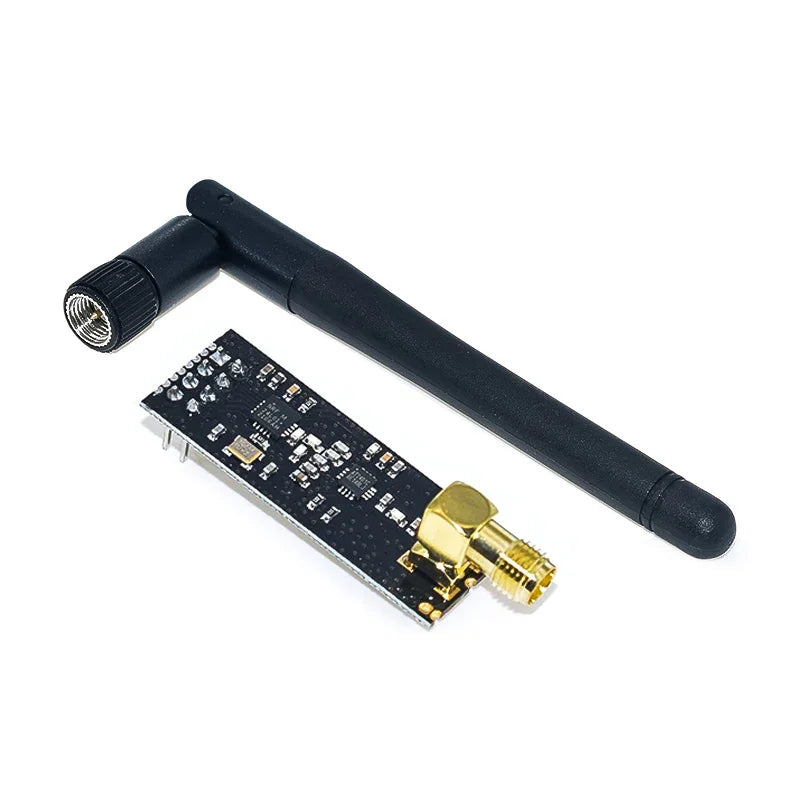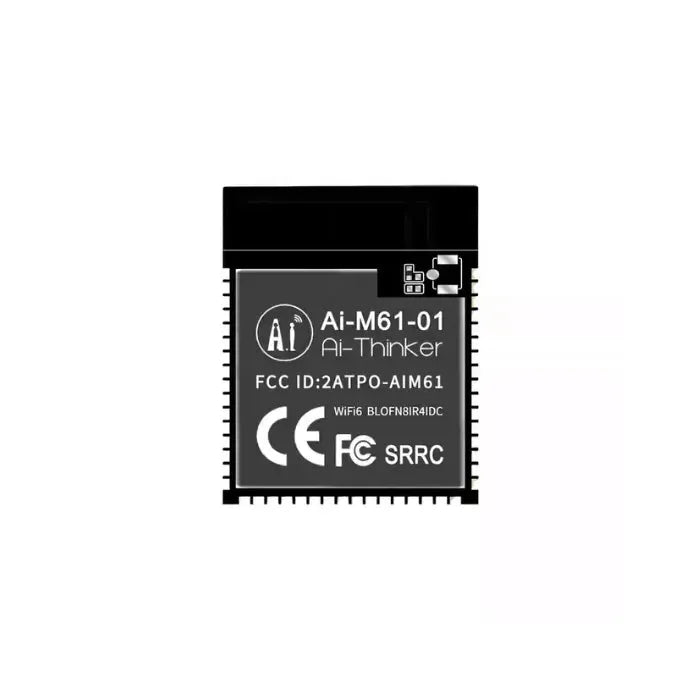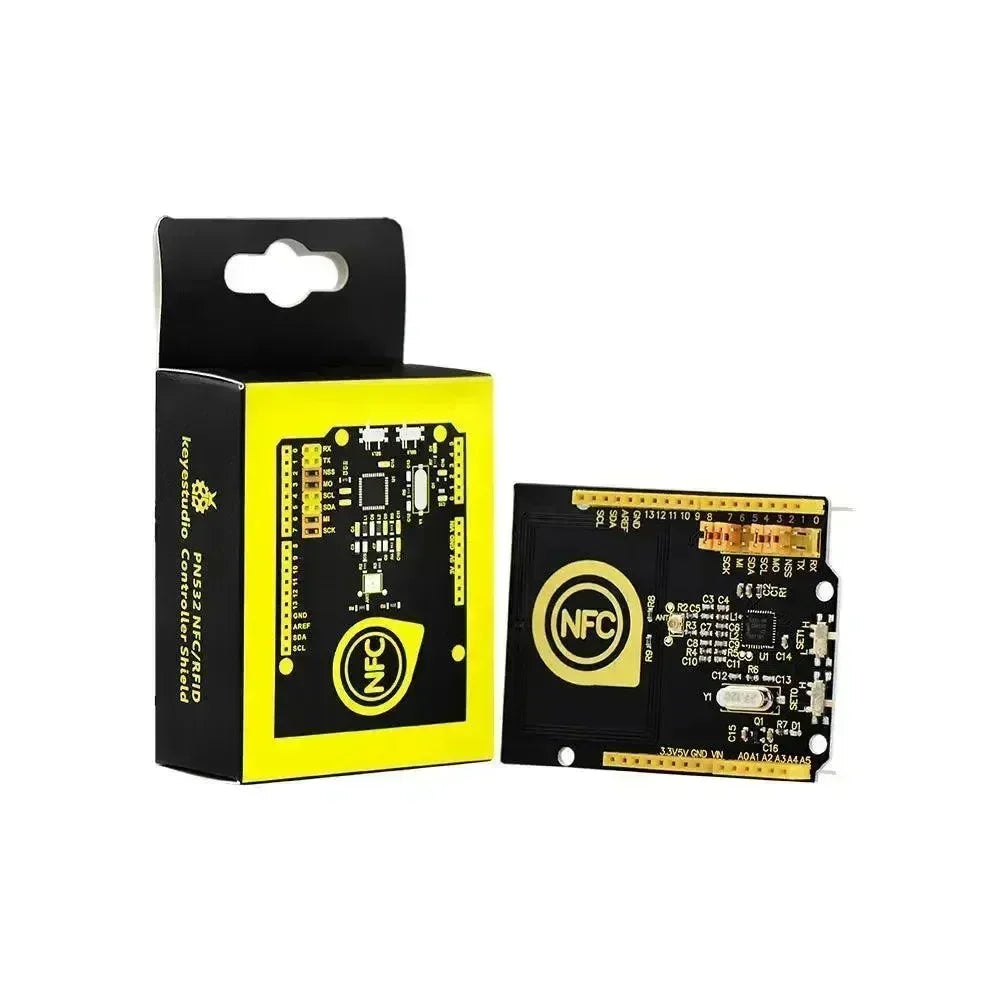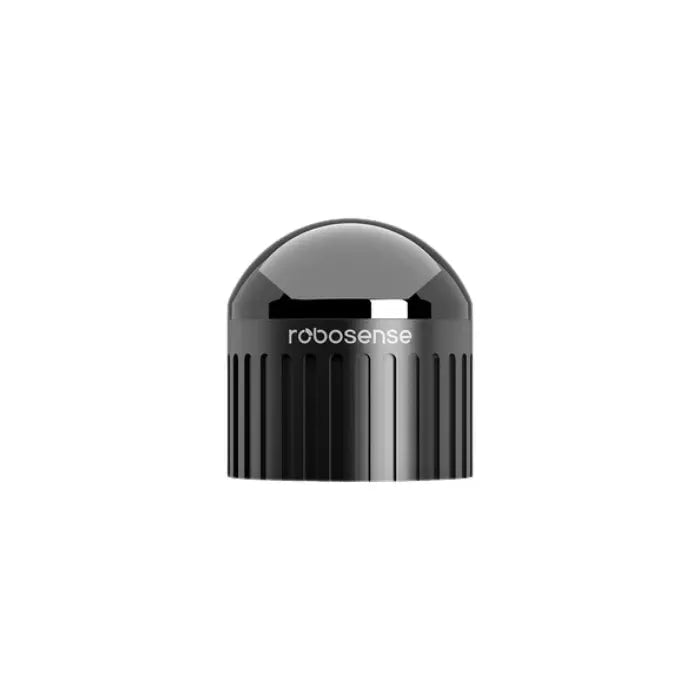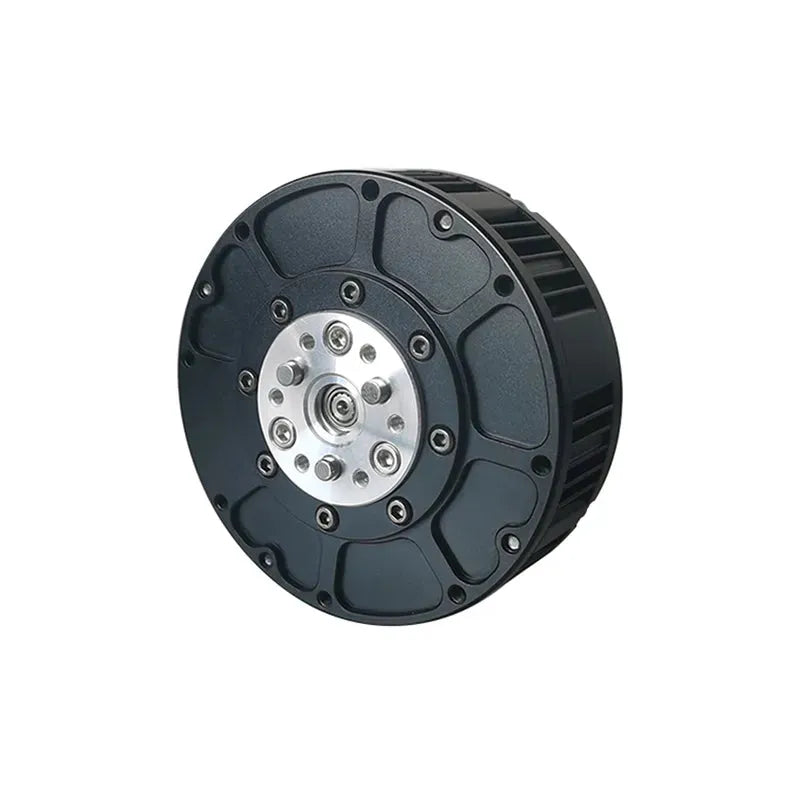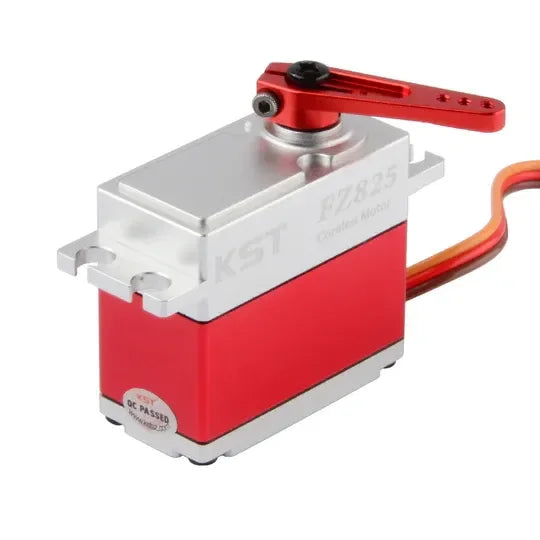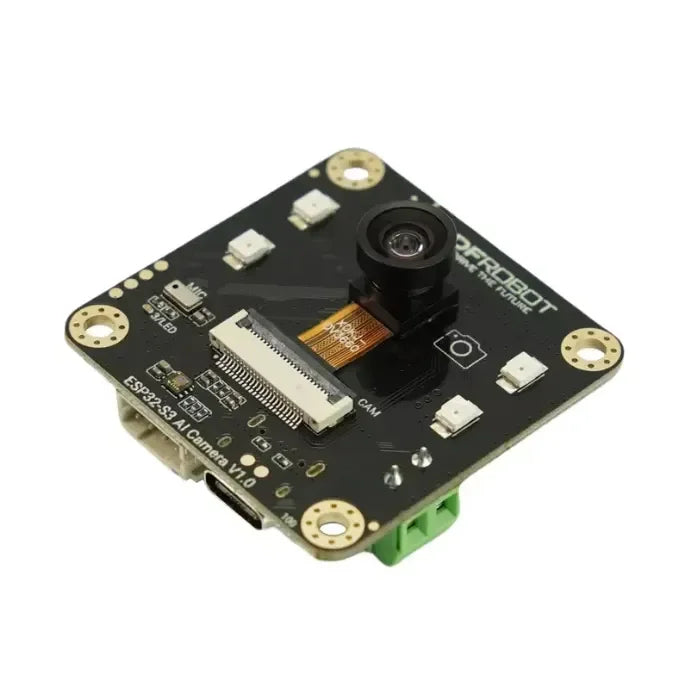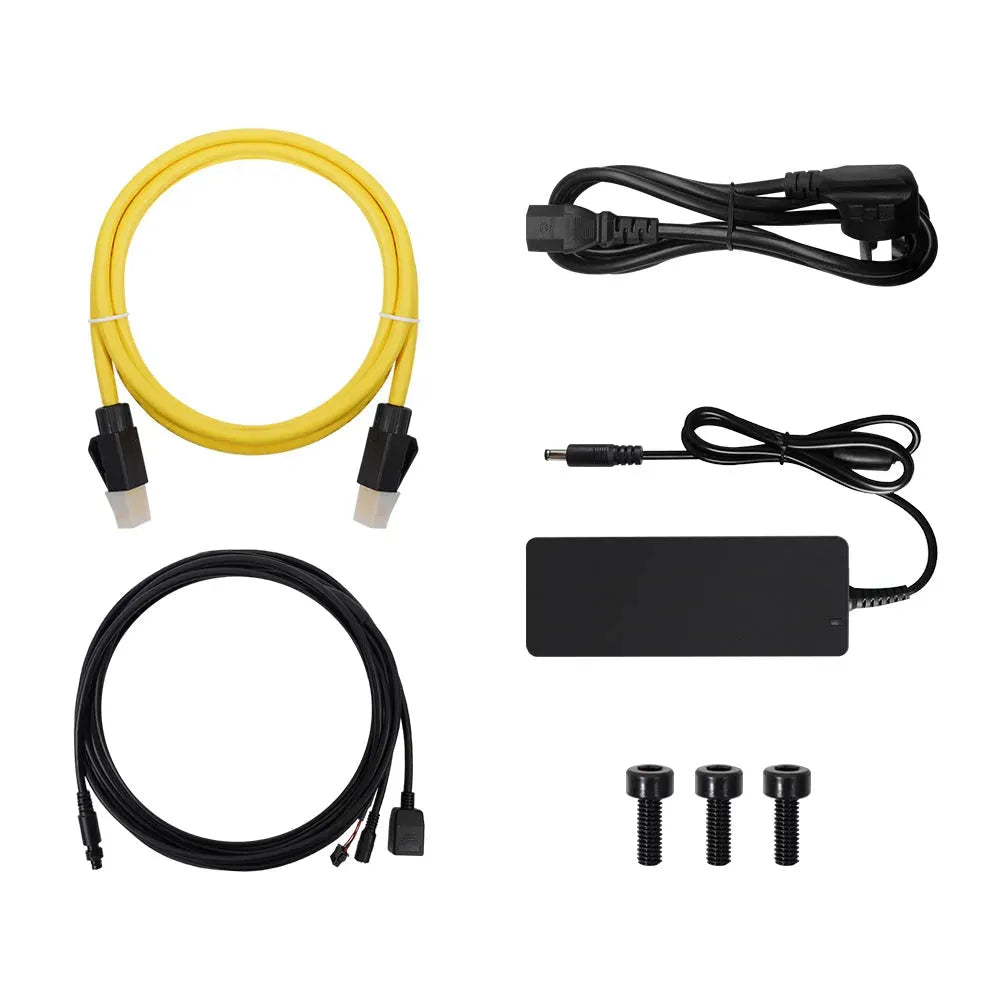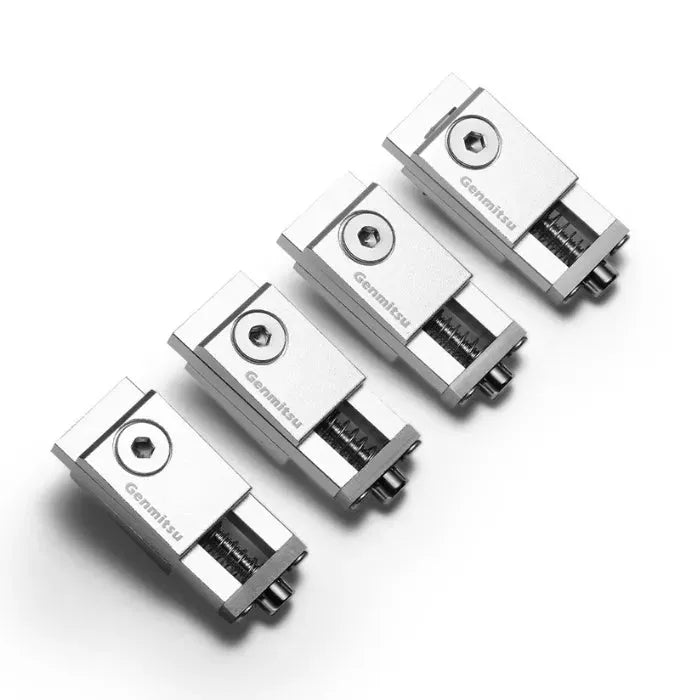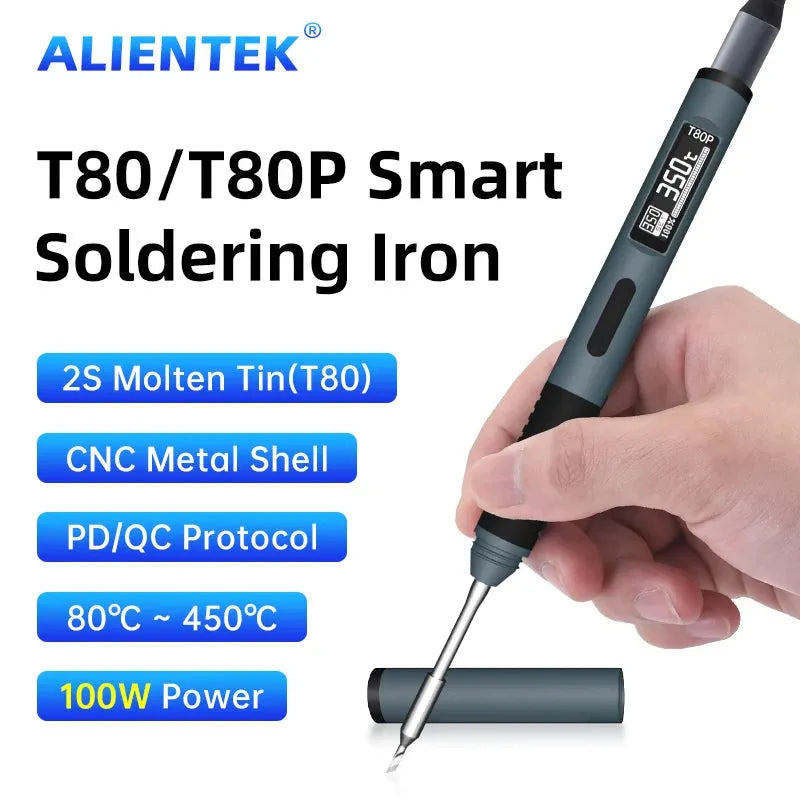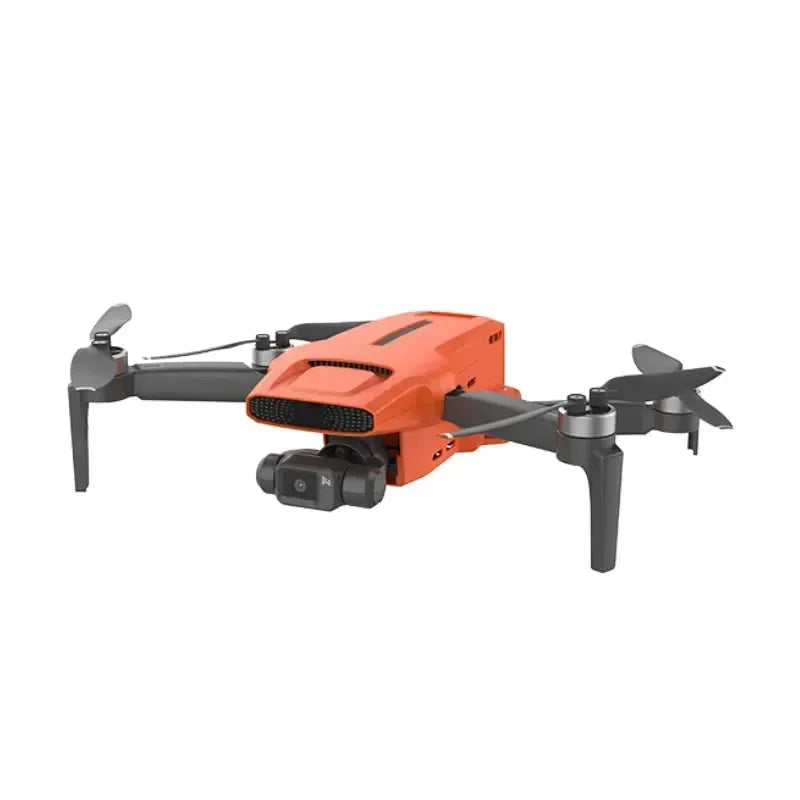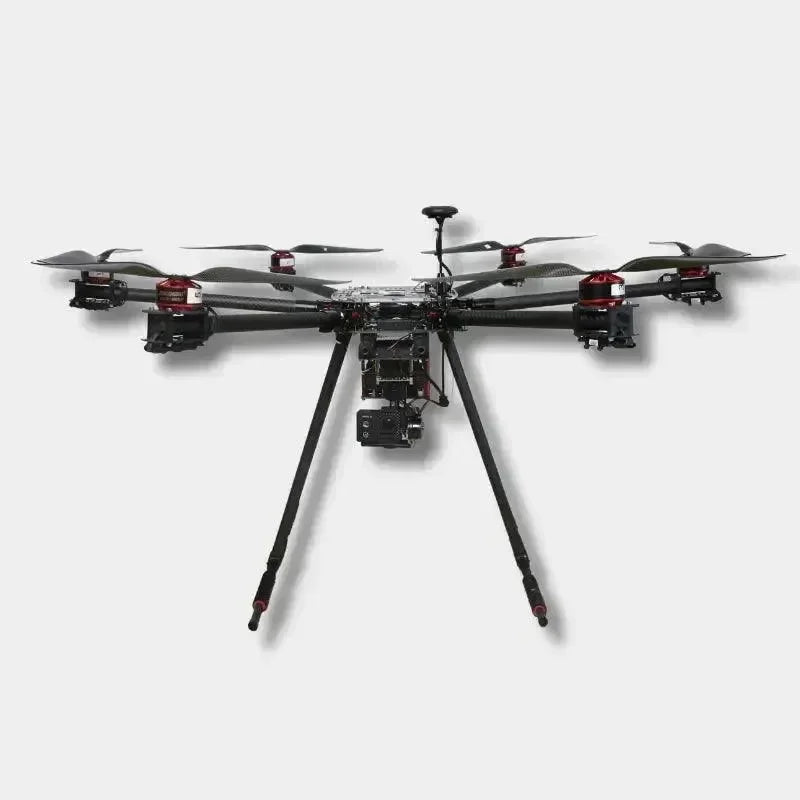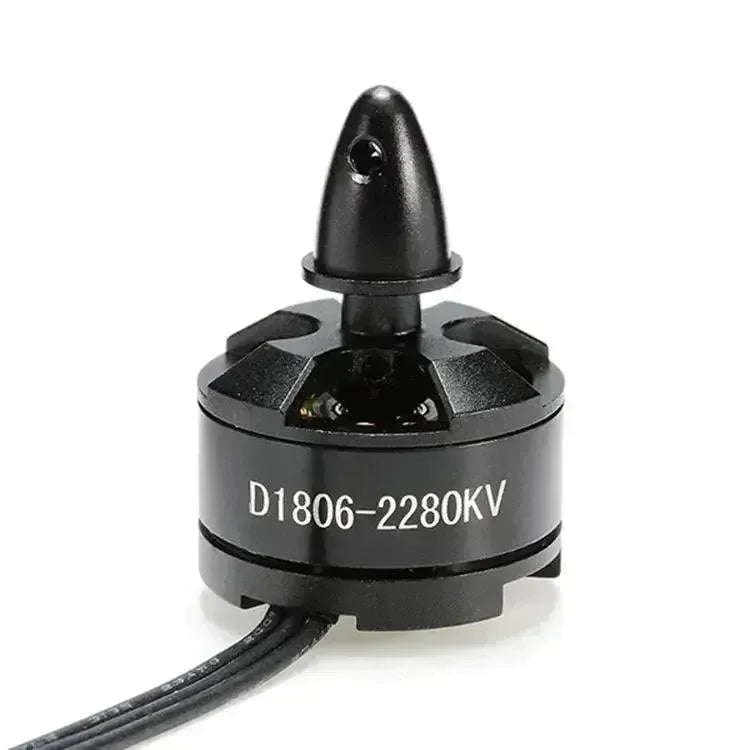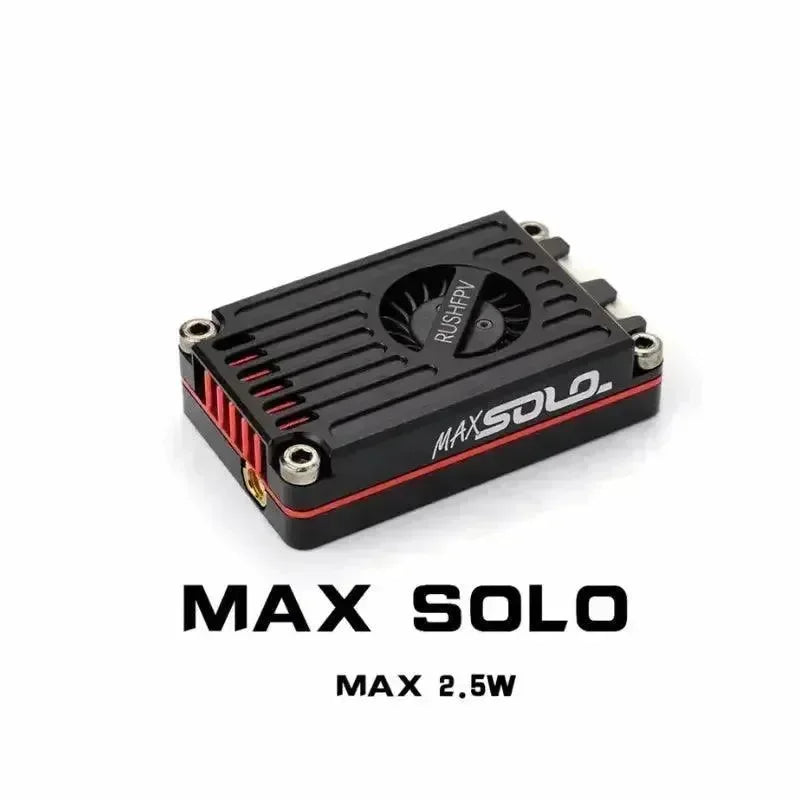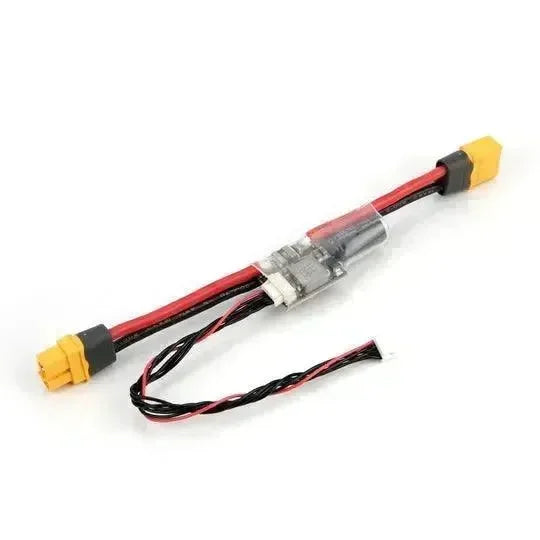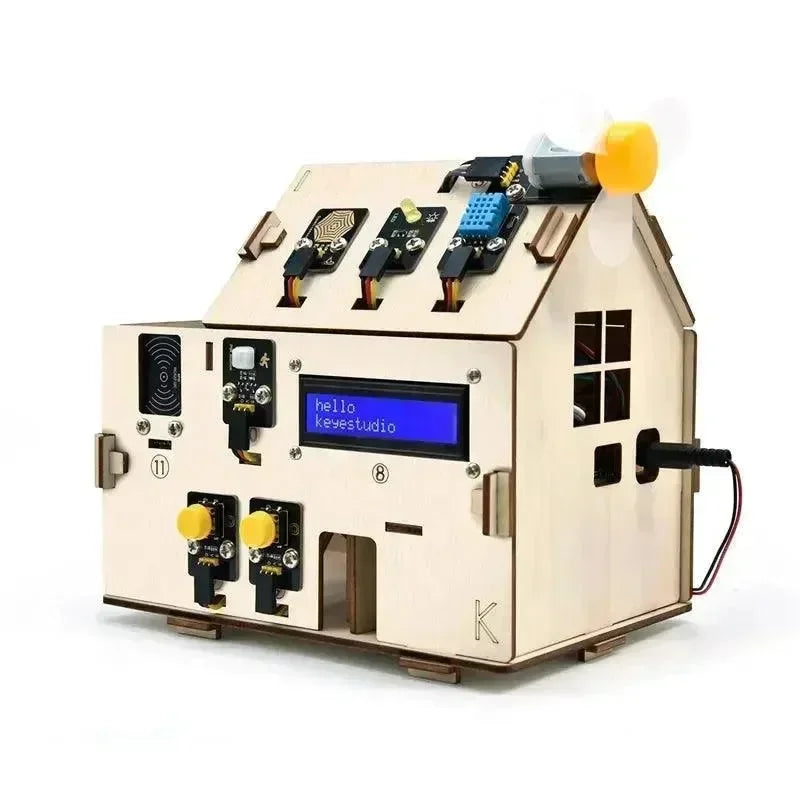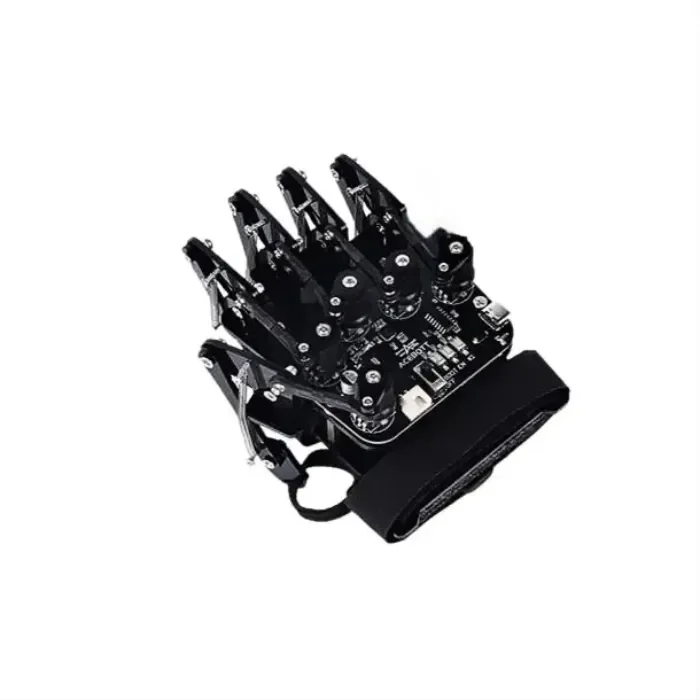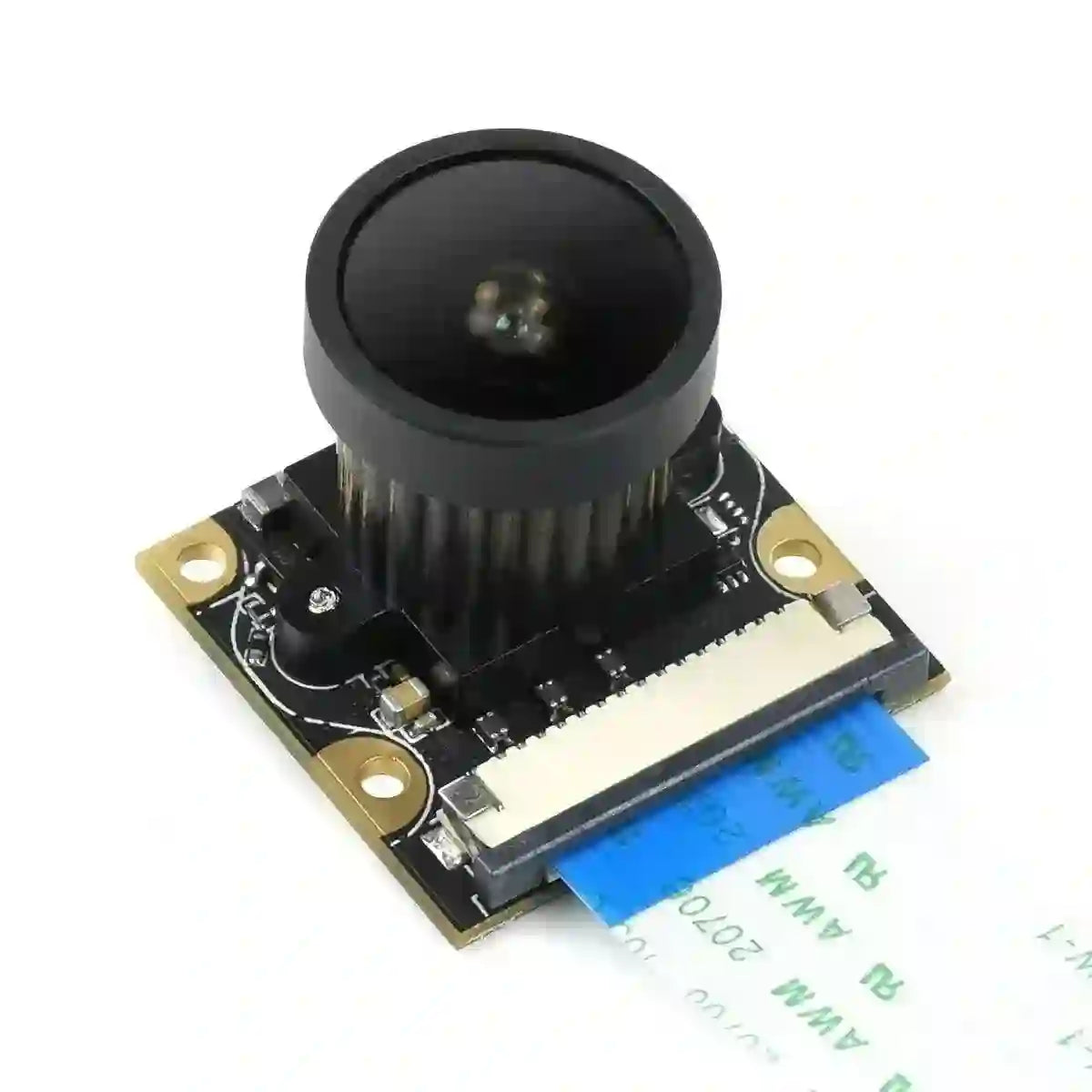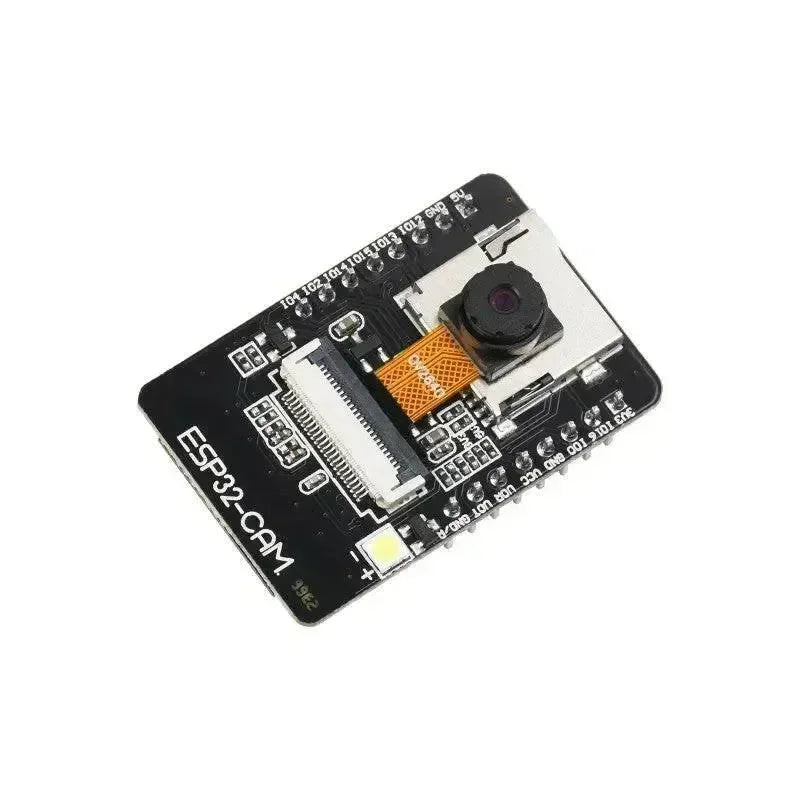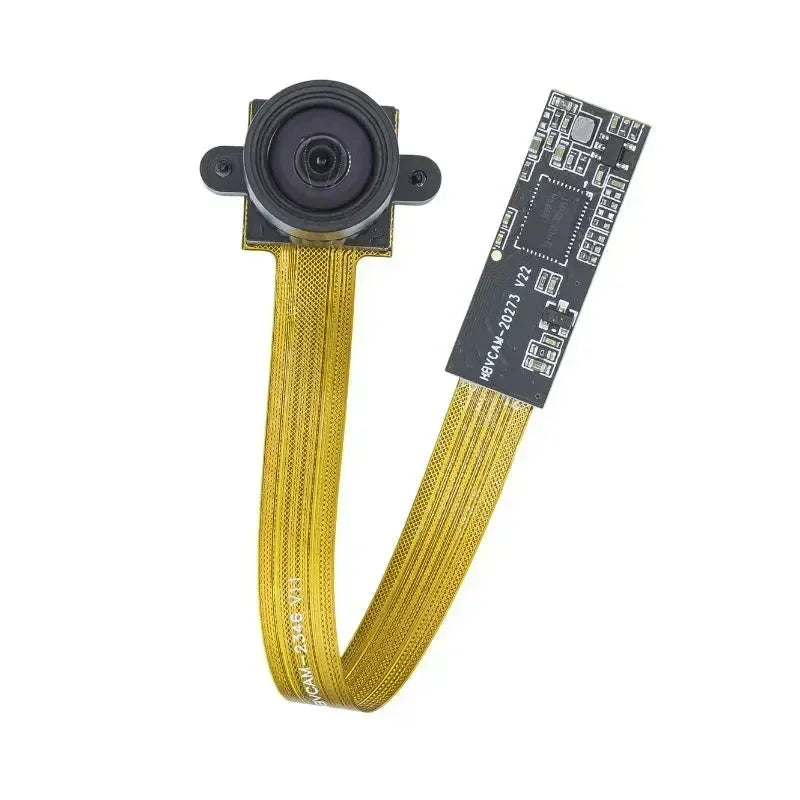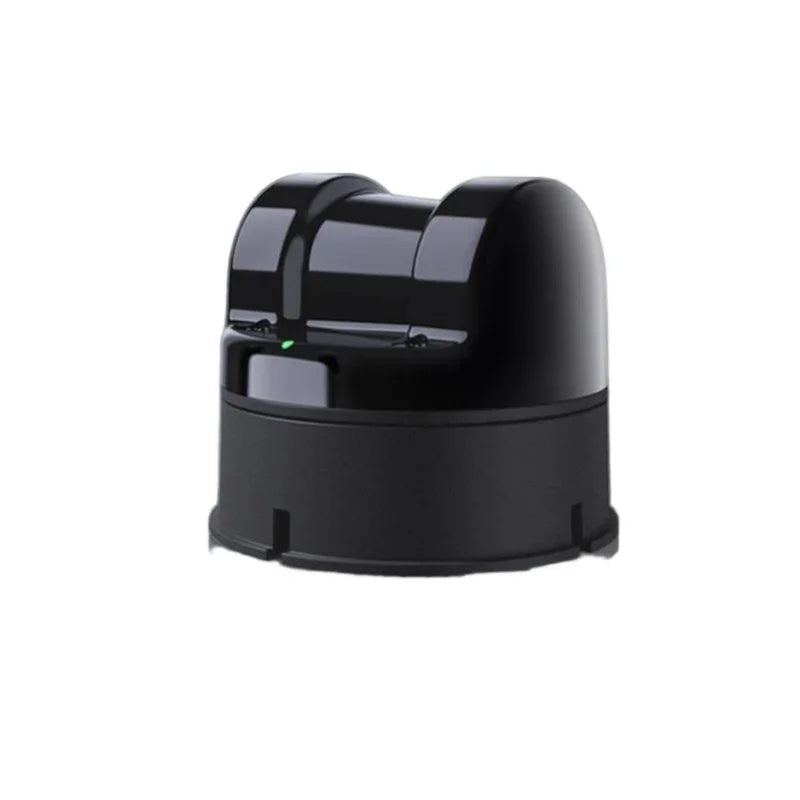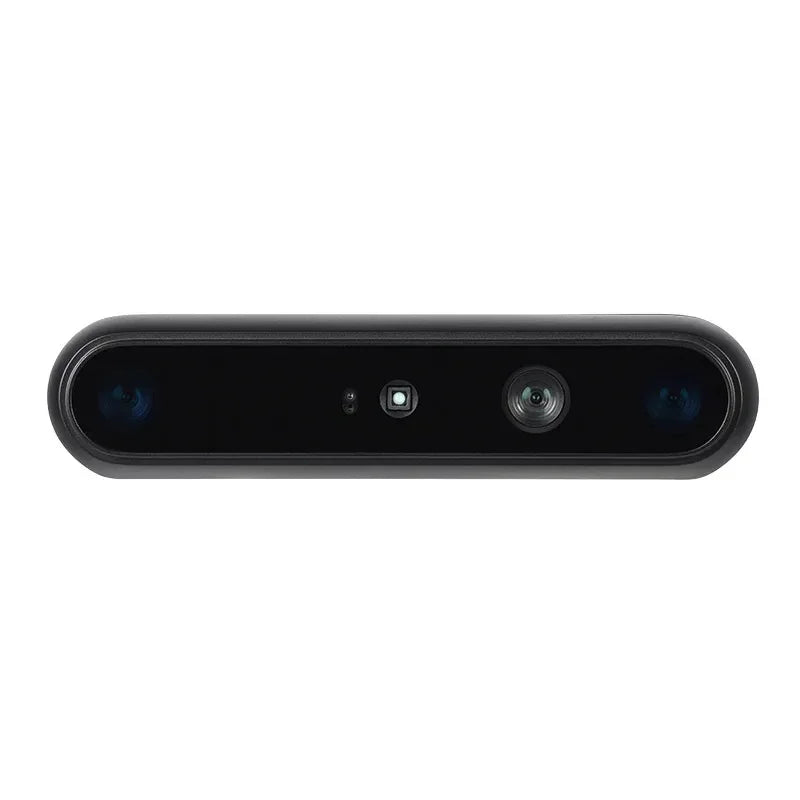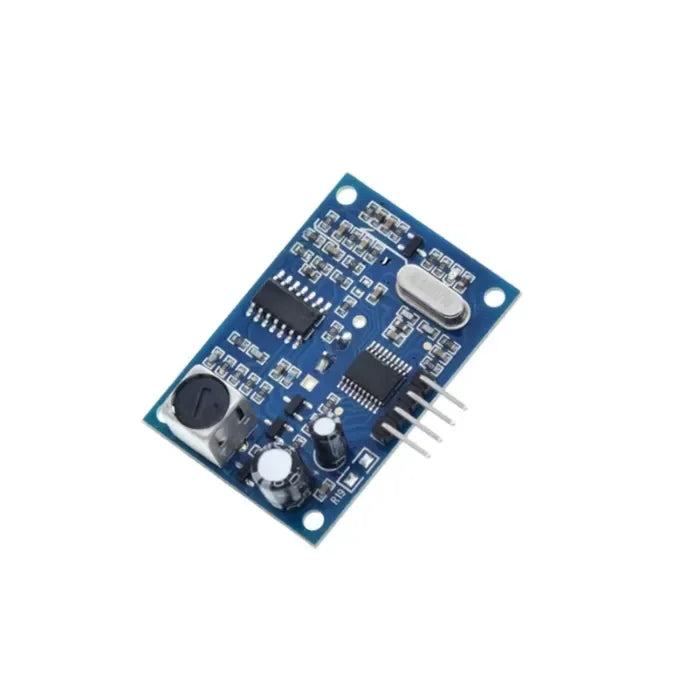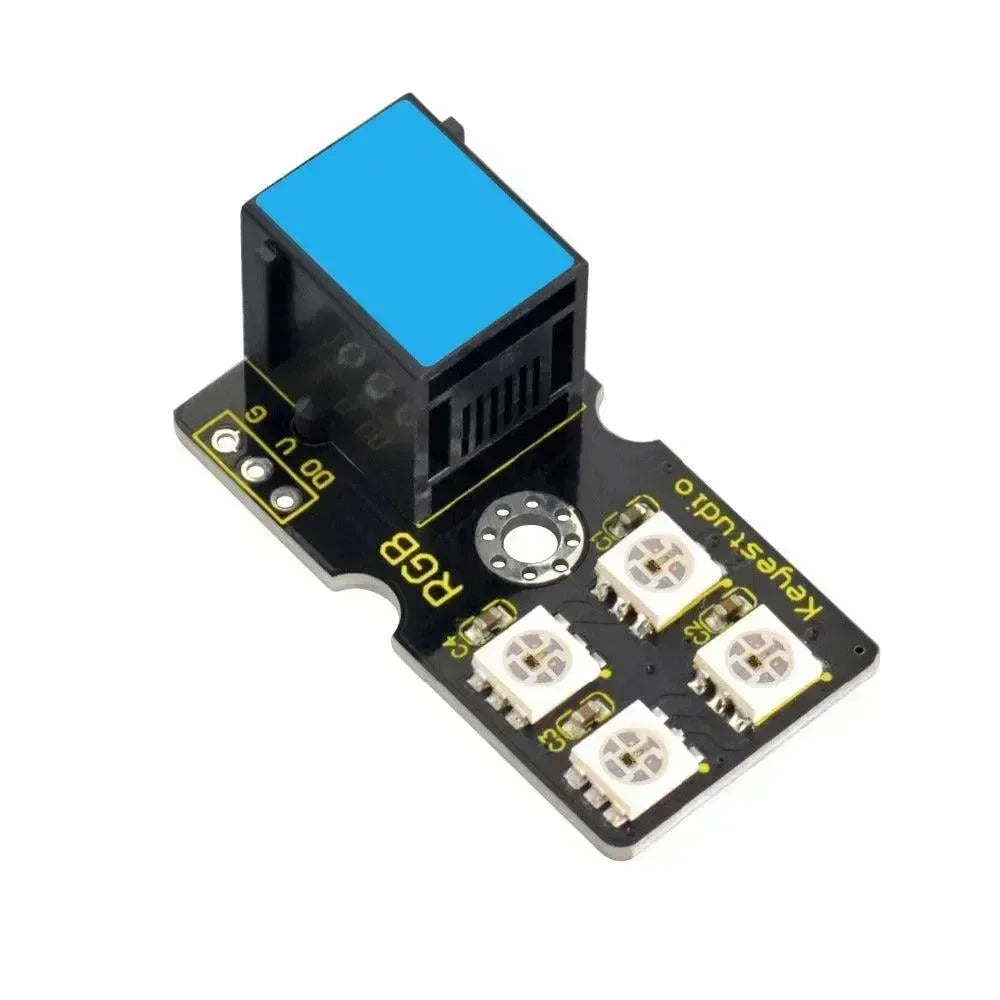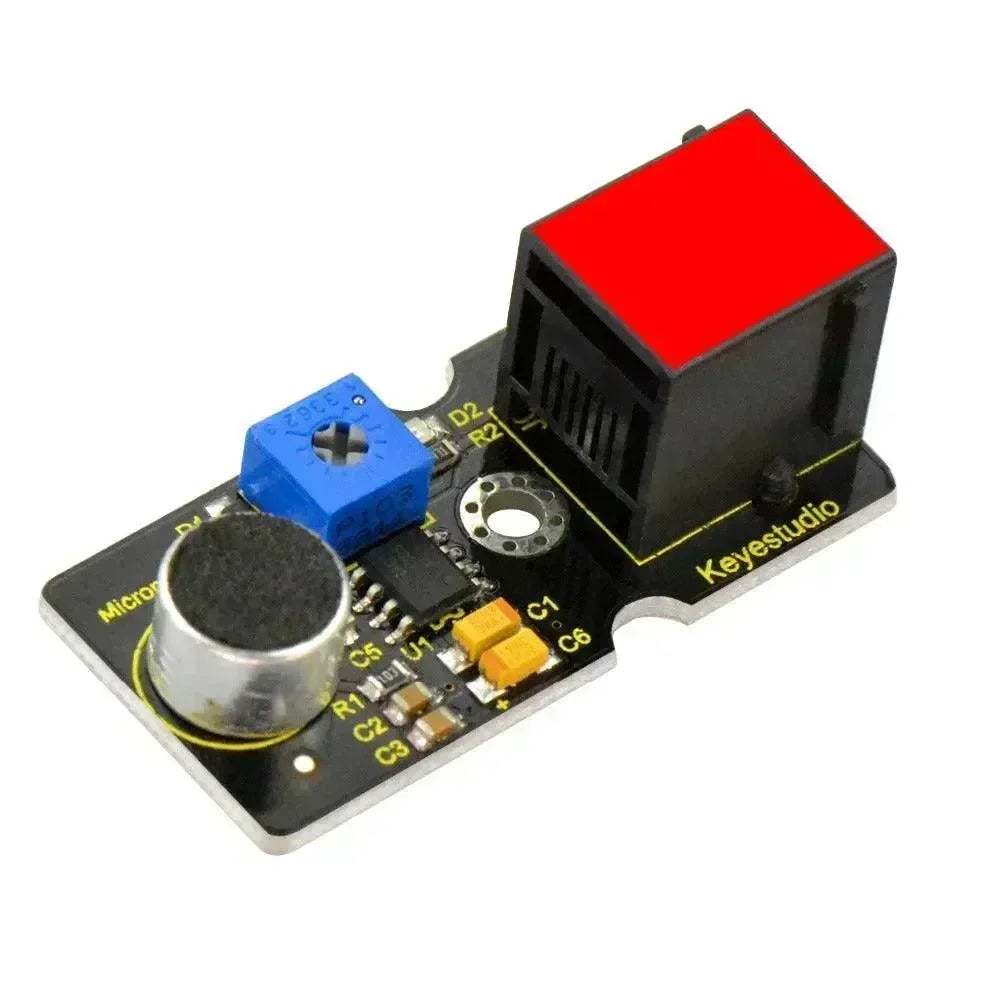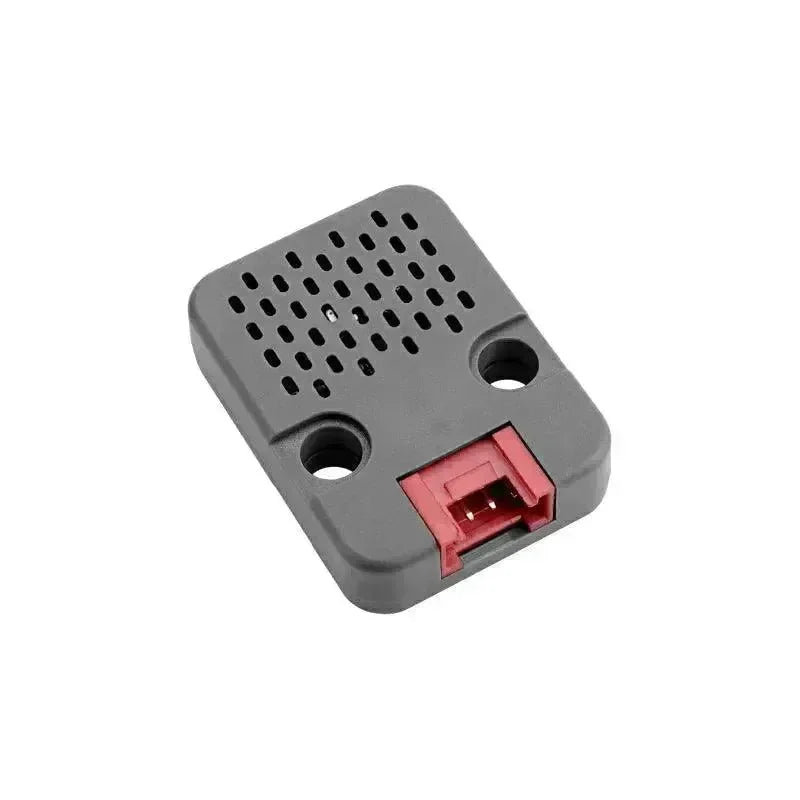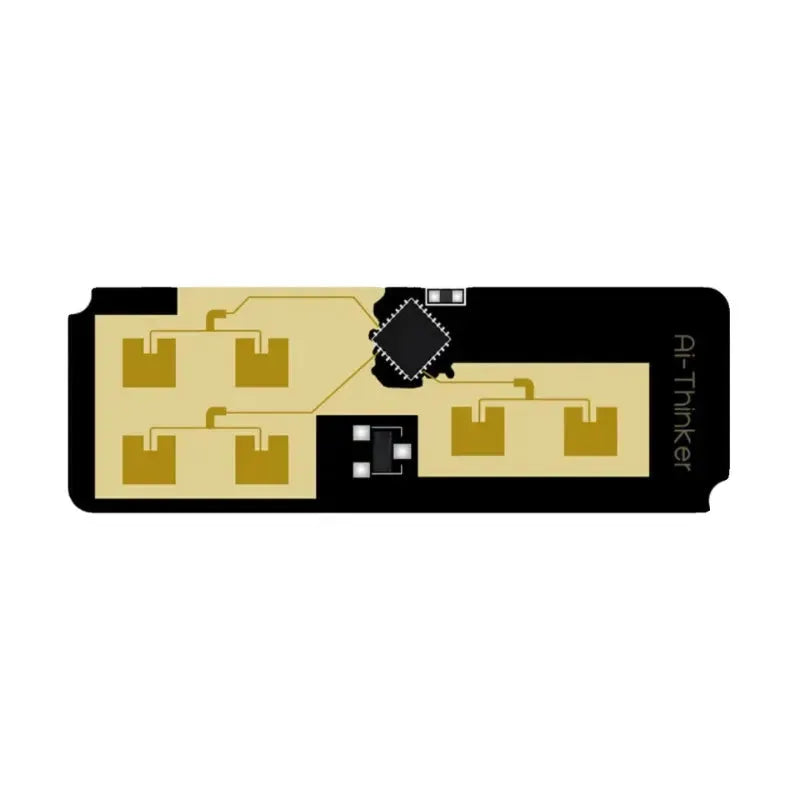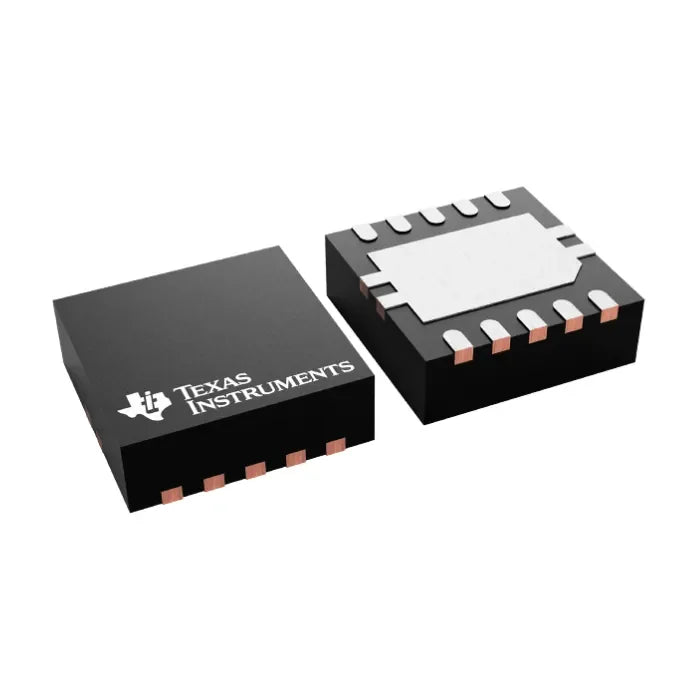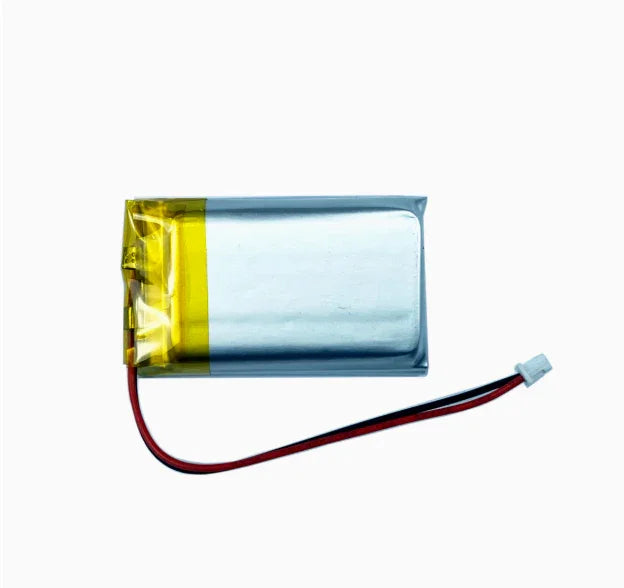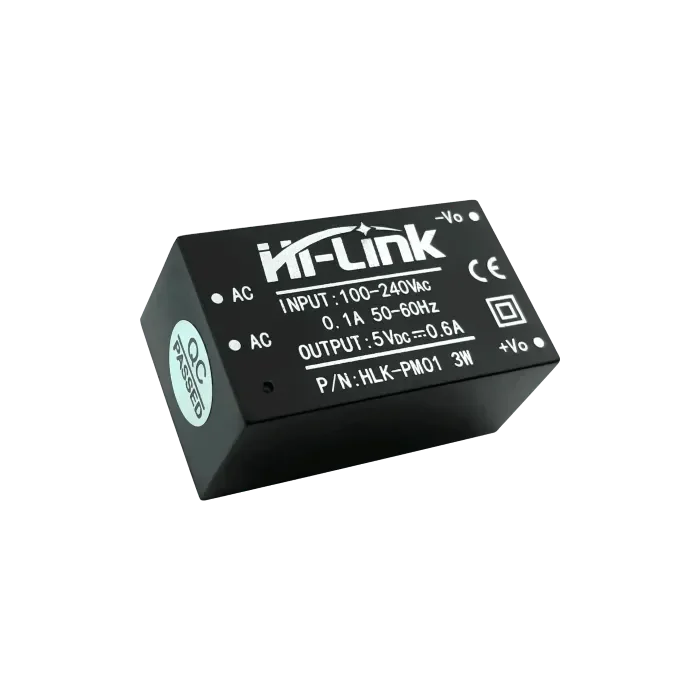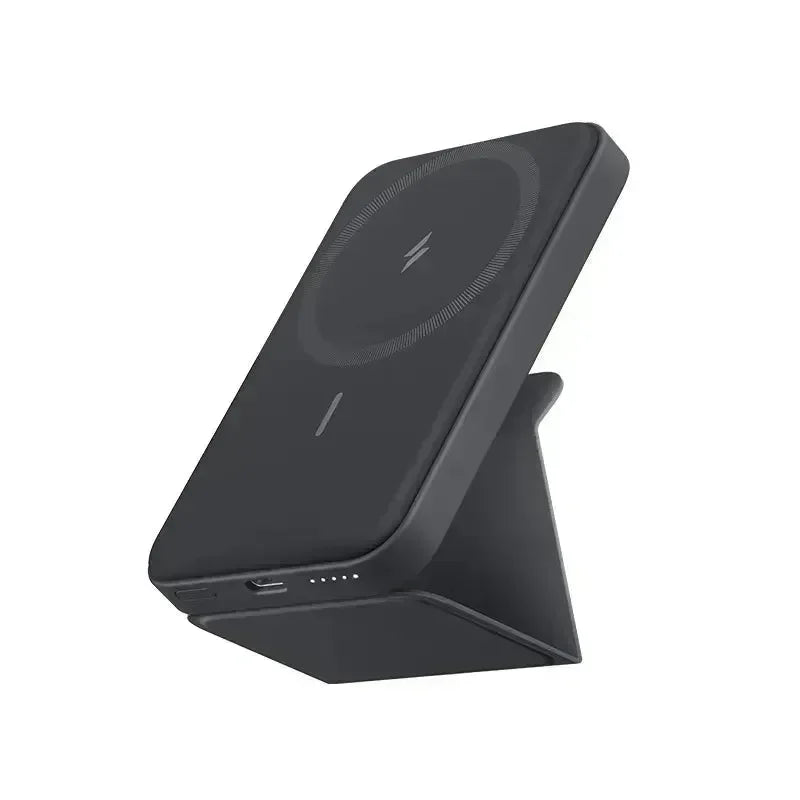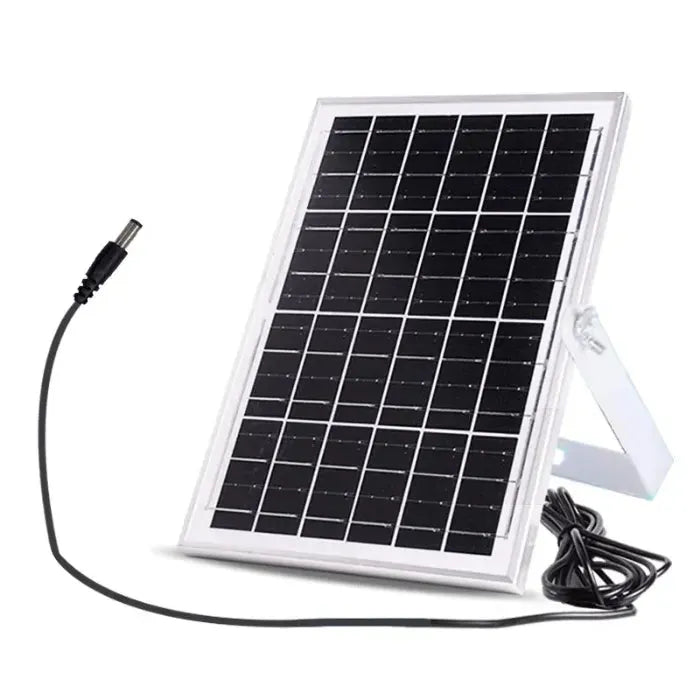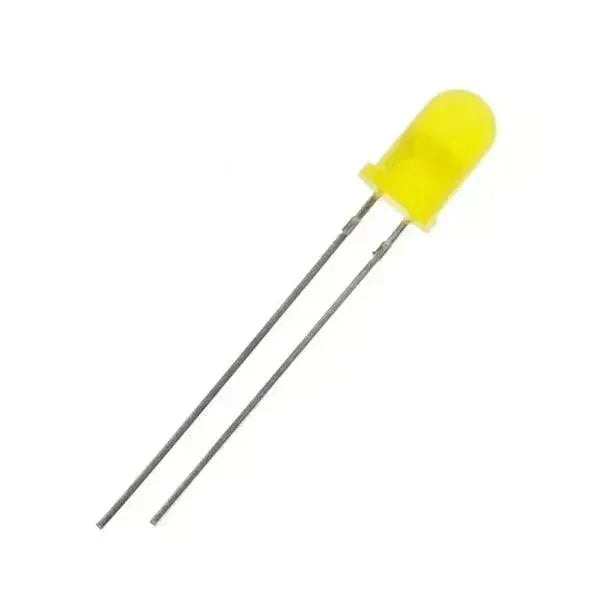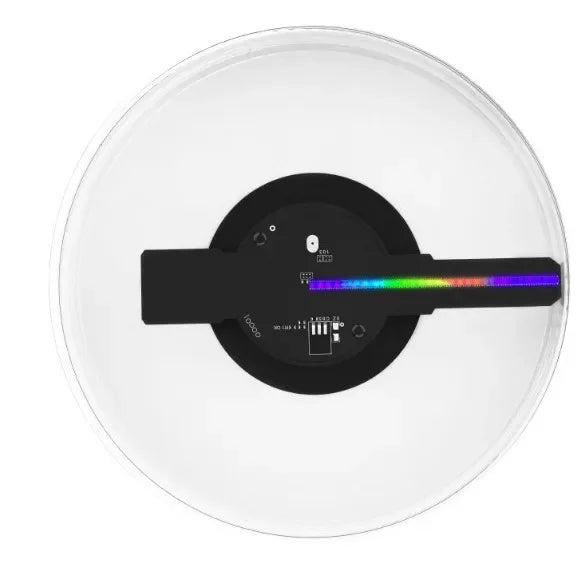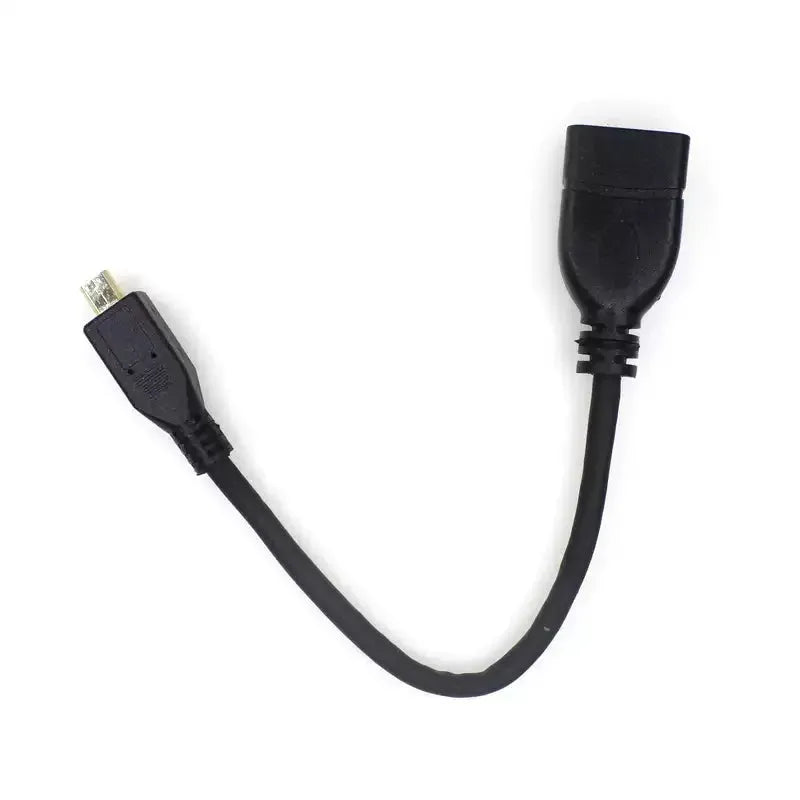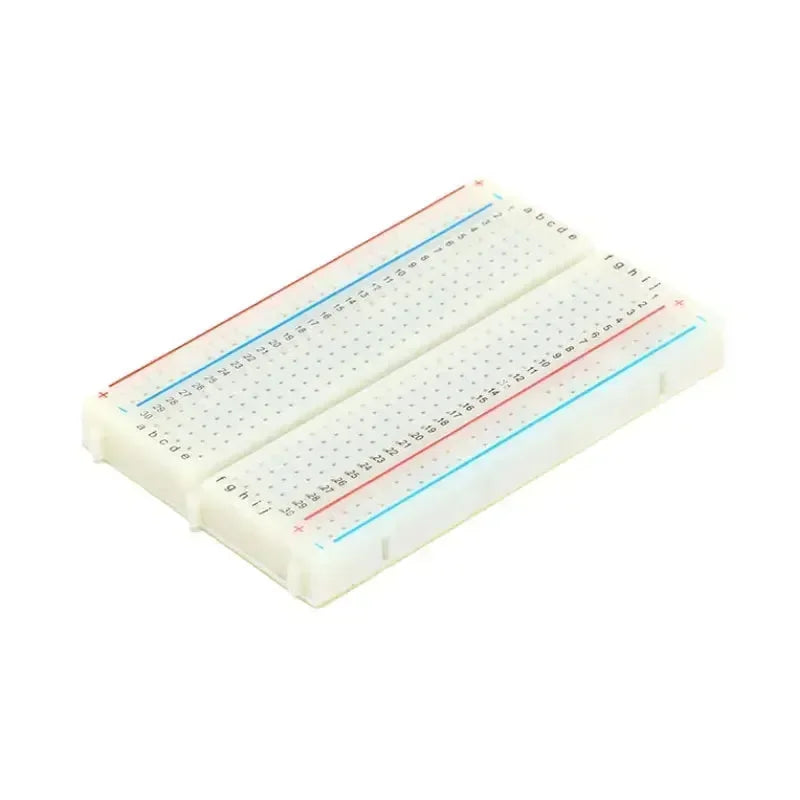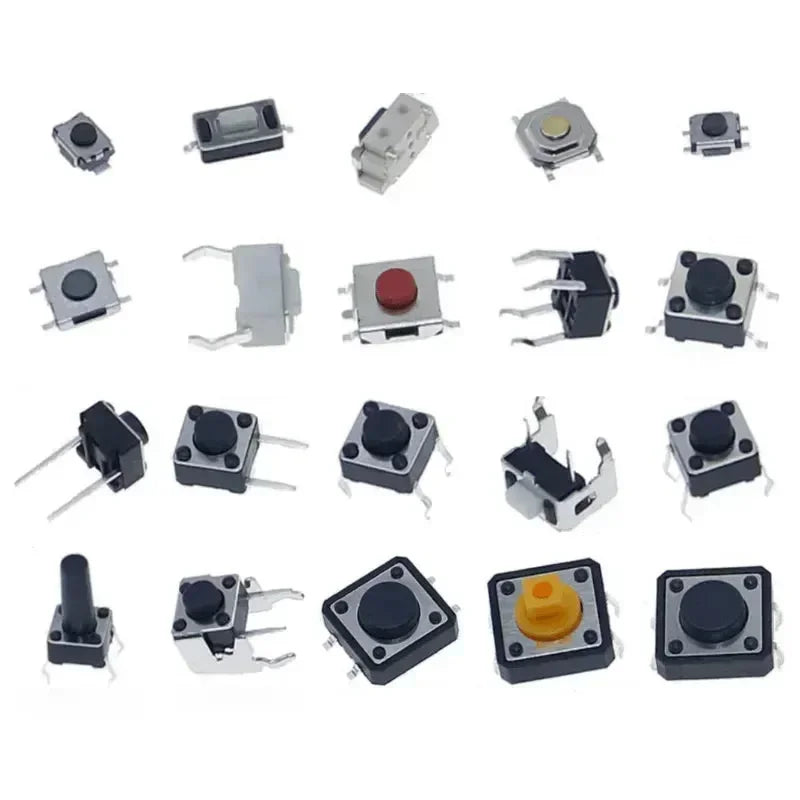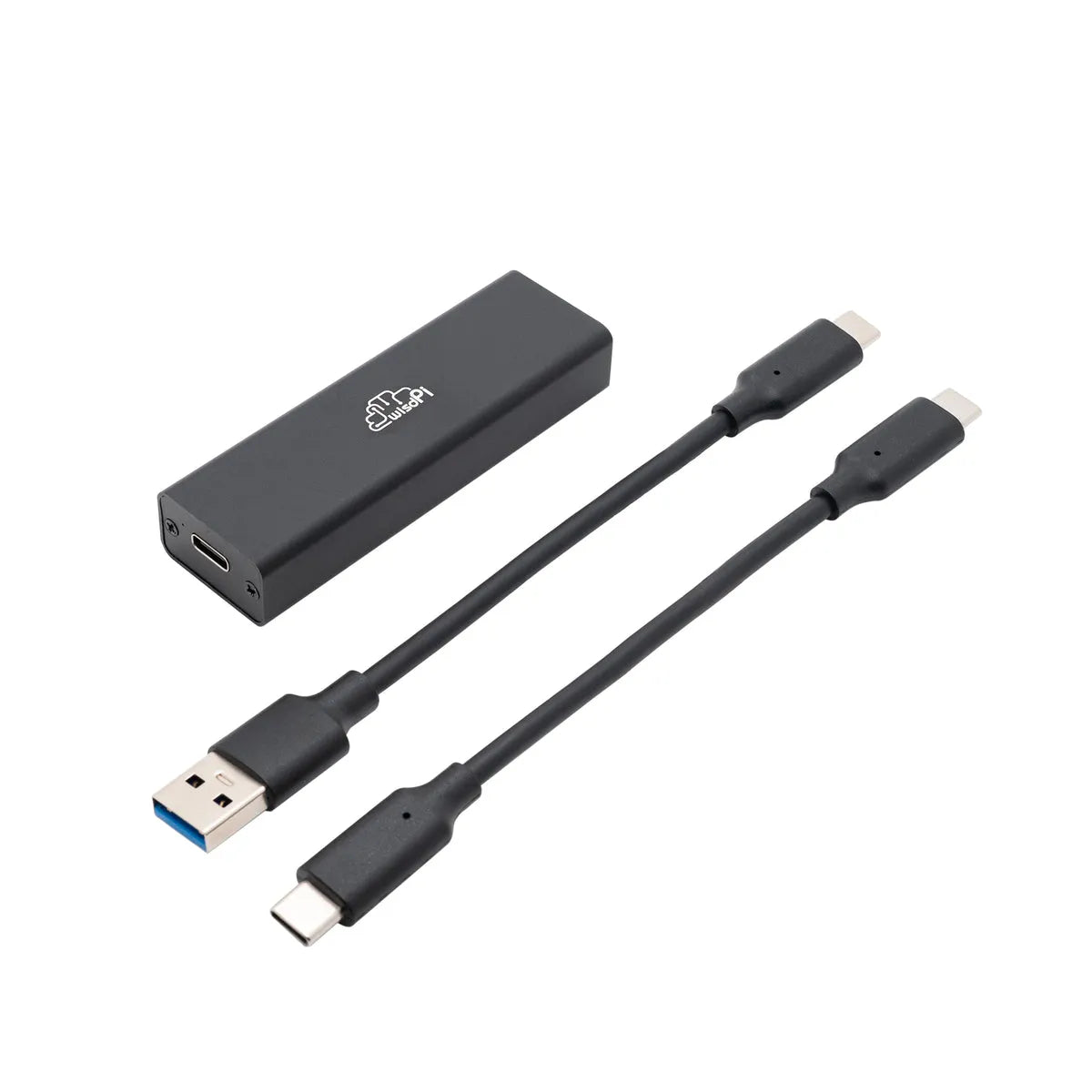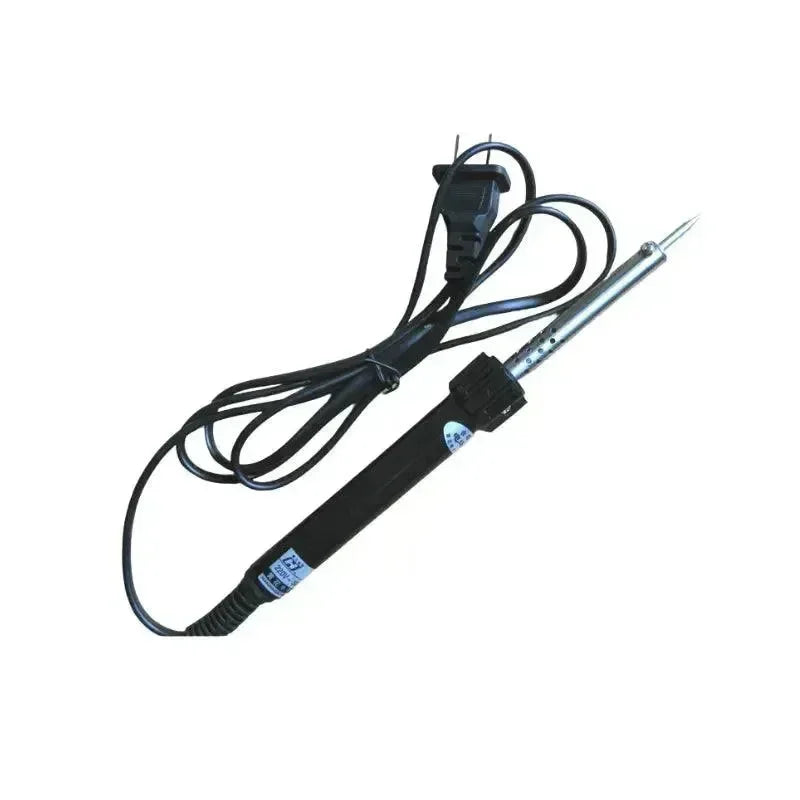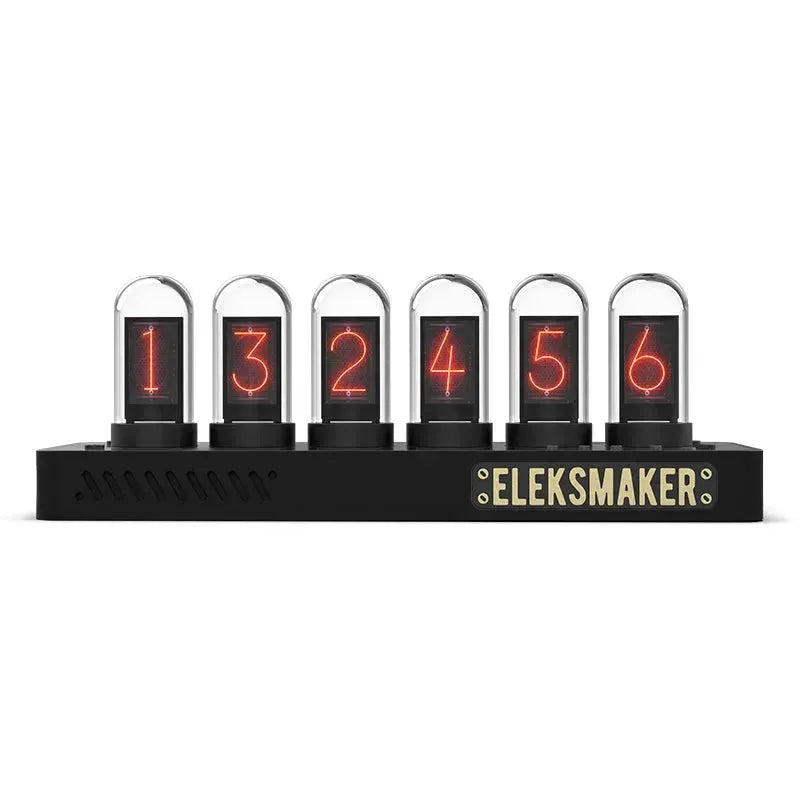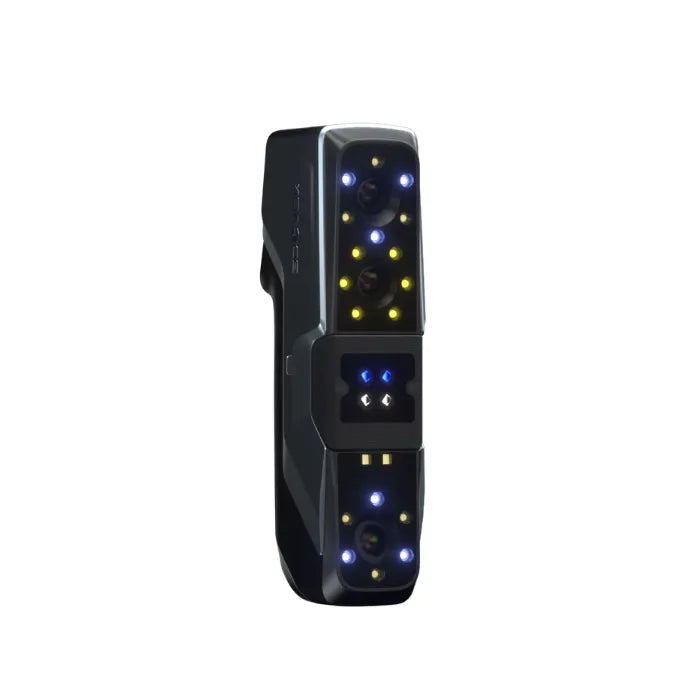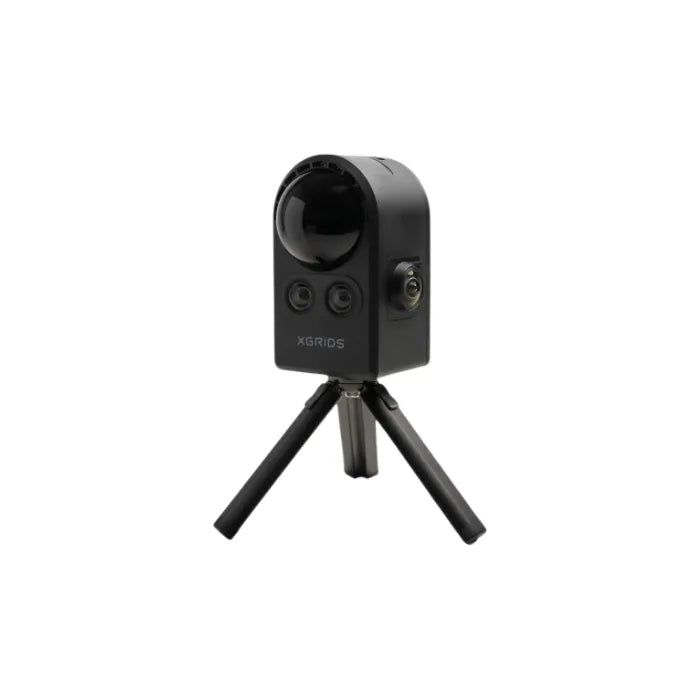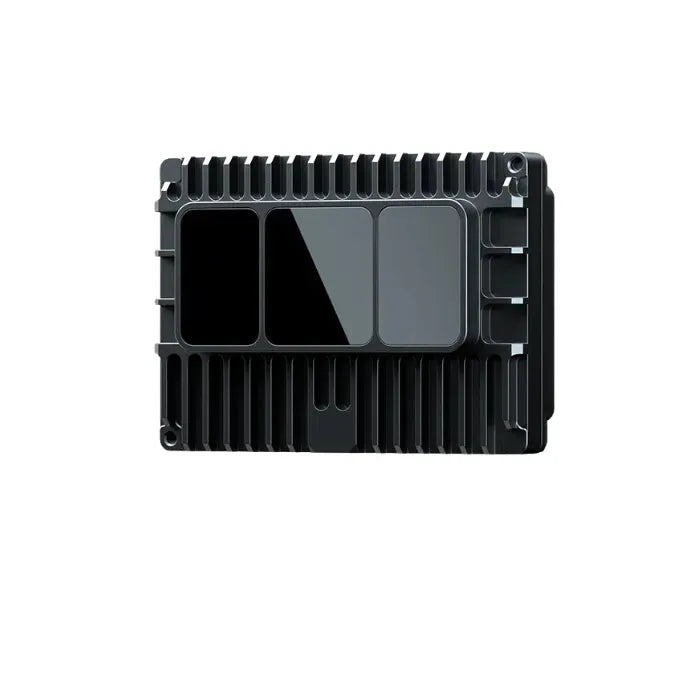For a long time, OpenELAB has been testing various IoT products to offer the best recommendations for our community. Many people ask us: Which microcontroller do we love the most? Our answer is simple: the ESP series!
The ESP microcontrollers are powerful and versatile, offering Wi-Fi, Bluetooth, and in some models, even Zigbee support. This allows us to create an endless variety of IoT projects, from smart home devices to wireless sensor networks.
Recently, Espressif Systems introduced a new wireless protocol called ESP-NOW, designed to enable fast, low-power communication between devices without the need for a router. ESP-NOW works seamlessly with Wi-Fi and Bluetooth LE and is compatible with the ESP8266, ESP32, ESP32-S, and ESP32-C series. It’s widely used in smart home devices, remote controls, sensors, and more.
Among the ESP-based devices we’ve tested, the M5Stack ATOM Lite is our top favorite. It’s compact, easy to program, and highly reliable for a range of projects. With built-in ESP32 capabilities, it offers everything we need for IoT development and rapid prototyping.
This 7.5€ tiny microcontroller is lightweight, has rich interfaces, and is easy to use. Let me take you through it to learn more about it.
Overview
Front
On the front, we can see that the ATOM Lite is about the same size as a one-euro coin (weighing only 3g). It features two buttons, one on the front and one on the side, and is powered through a Type-C interface.

Behind
On the back, we can see that the microcontroller is ESP32-PICO. It features a 240MHz dual-core processor, delivering 600 DMIPS performance with 520KB SRAM and Wi-Fi support.
Regarding the GPIO pins, we find the IR function on G12, the Neo on G27, and the button (Btn) on G39. The board offers 8 GPIO leads: G22, G19, G23, G33, G21, G25, G26, and G32 (for the Grove interface). Additionally, it provides two 5V outputs, one 3.3V output, and two GND pins. This setup is sufficient for many small projects.
Inside
Let’s open it and take a look inside. Each electronic component is compactly arranged.
We can spot a SK6812 3535 RGB LED next to the button, along with a 2.4G 3D antenna and a 4MB flash chip.
In the picture on the right, we can see the ESP32-PICO MCU positioned under the Grove interface, covered by a heat sink.

Used for
WiFi
Use the M5ATOM and WiFi libraries, enable the AP mode on the ATOM Lite.

After uploading, we can detect a new Wi-Fi signal from the ATOM Lite.
Hardware Hookup
It only requires a Grove cable. I can connect many units and use them like this:

Videos
 openelab.de
openelab.de
 openelab.com
openelab.com



